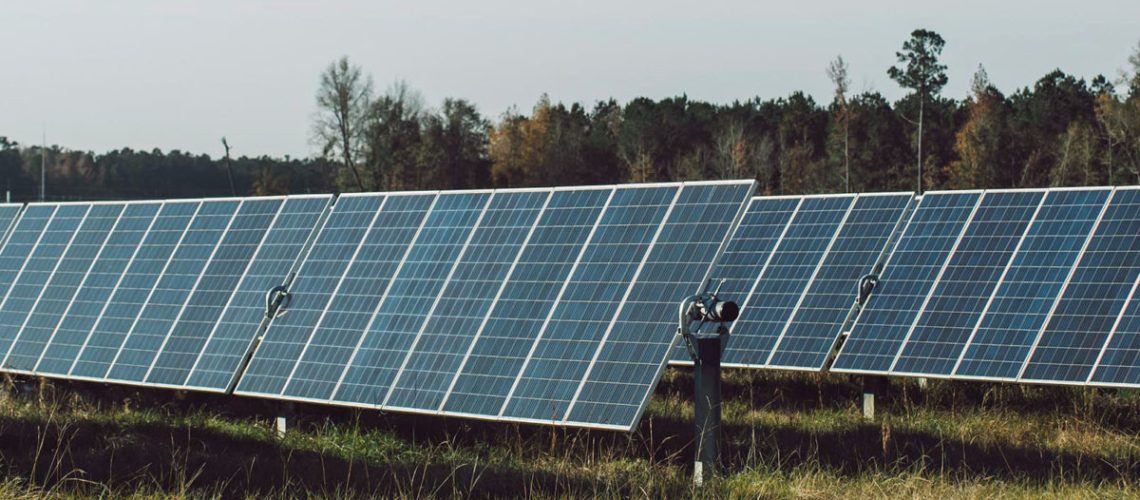California’s East Bay Community Energy will purchase energy from the Idemitsu Renewables project.
June 1, 2022
Idemitsu Renewables announced it reached commercial operations for a 73 MW solar project built for East Bay Community Energy (EBCE), a not-for-profit community choice aggregator. The energy will be sold via a 15-year power purchase agreement, providing power equivalent to the needs of 20,000 California homes.
As a community choice aggregator, EBCE supplies electricity to residential, commercial and municipal customers, delivered by PG&E transmission and distribution lines. The program offers Alameda County and its 11 cities the ability to purchase renewable energy at rates to competitive with traditional generation. The not-for-profit organization reinvests earnings back into the community to create local programs, renewable energy projects, and jobs.
This project, called Luciana, provided jobs for over 200 workers during construction, mainly sourced from local union halls. The project provides ongoing revenues to Tulare County.
“Considering the unprecedented supply chain challenges the industry faced this past year, we are proud to have successfully achieved commercial operation of the Luciana project through our partnership with East Bay Clean Energy (EBCE),” said Cary Vandenberg, CEO of Idemitsu Renewables.
The project is another step in EBCE’s pursuit of 100% clean energy for all customers by 2030. Launched in 2018, the organization serves over 1.7 million residential and commercial customers. EBCE is one of 19 community choice aggregator programs in the state of California.
The organization has saved $10 million annually for its customers when compared to PG&E rates, and provides $100,000 in sponsorships to local programs in athletics, STEM education, music and art, and more.
A complete list of EBCE renewable energy projects can be found here.
Community choice aggregation
Community choice aggregation (CCA) programs allow local governments to procure power on behalf of their residents, businesses, and municipal accounts from an alternative supplier while still receiving transmission and distribution service from their existing utility provider. By aggregating demand, communities gain leverage to negotiate better rates with competitive suppliers.
Currently, there are CCA programs in ten states with another seven states investigating the programs, according to the Environmental Protection Agency (EPA). California was the third state to enact CCA legislation, following Massachusetts and Ohio.
California CCAs offer contracts ranging from 33% to 100% renewable energy supply. Unlike the process in many other states, communities in California do not have to hold a referendum to start or join a CCA. Local elected officials authorize participation in a CCA by a simple majority vote.
The state’s first CCA, Marin Clean Energy, was launched in 2010, and at the time was branded as a “risky scheme,” said EPA. Since then, it has been proven to be an economically viable service, and the state has seen CCA activity flourish in the past decade.



